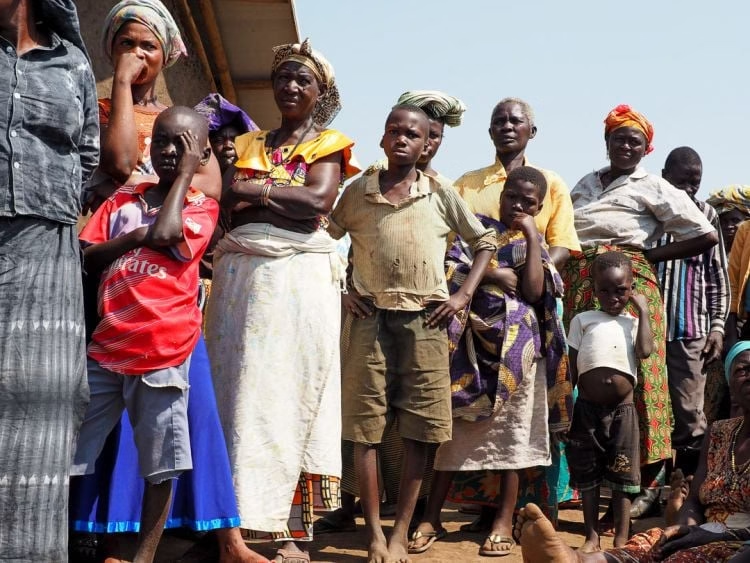The struggle of refugees has intensified since the USAID funding freeze, deepening an already dire situation. With over 108 million displaced people worldwide, the need for aid and support has become more urgent than ever.
The impact of this funding freeze is particularly felt in countries hosting large refugee populations. For instance, Lebanon is grappling with the influx of over 1.5 million Syrian refugees in a country of only 6.8 million people. The economic strain is evident, with soaring unemployment rates and a collapsing currency.
Additionally, the lack of funding has severely hindered organizations’ ability to provide essential services, including healthcare, education, and food assistance. This has led to heightened poverty, hunger, and desperation among refugee communities.
Moreover, the freeze has emboldened some countries to adopt more restrictive refugee policies. Denmark, for example, has introduced laws requiring refugees to return to their home countries as soon as possible. Meanwhile, the UK has entered into an agreement with Rwanda to send refugees there for processing.
In Uganda, which hosts 1.74 million refugees and asylum-seekers (as of September 2024), the situation remains unique. The majority of refugees come from South Sudan (55%), the Democratic Republic of the Congo (31%), Somalia (3%), Burundi (2%), Sudan (3%), and other nationalities (6%).
Uganda’s refugee policy stands as a model: refugees are welcomed, given land, and provided with basic services. They enjoy freedom of movement, though they are not granted Ugandan citizenship.

Refugees are entitled to the rights provided for in the Refugee Convention, the OAU Convention, and other relevant international instruments. However, they must adhere to Ugandan laws and refrain from political activities.
Uganda is home to 13 official refugee centers scattered across the country, such as Kiryandongo, Kayka 1 and 2, Nakivale, and Kyegwegwa. Many refugees have also settled in business centers across the country.
Previously, refugees in Uganda benefitted from USAID funding. For example, a family from Somalia would receive approximately $500 per child, $700 for the mother, and $3,500 for the head of the household each month.
The situation is further complicated by the uneven distribution of responsibility among countries. While nations like Sweden and Canada have taken in large numbers of resettlement refugees, others, such as China and Japan, have accepted far fewer.
To address the growing refugee crisis, it is essential that countries collaborate to share responsibility and provide adequate support. This includes increasing funding for aid organizations, adopting more inclusive refugee policies, and promoting sustainable solutions that address the root causes of displacement.
Ultimately, the refugee crisis is a global issue requiring a collective response. By working together, we can provide refugees with the support and protection they need, helping them rebuild their lives with dignity and hope.



